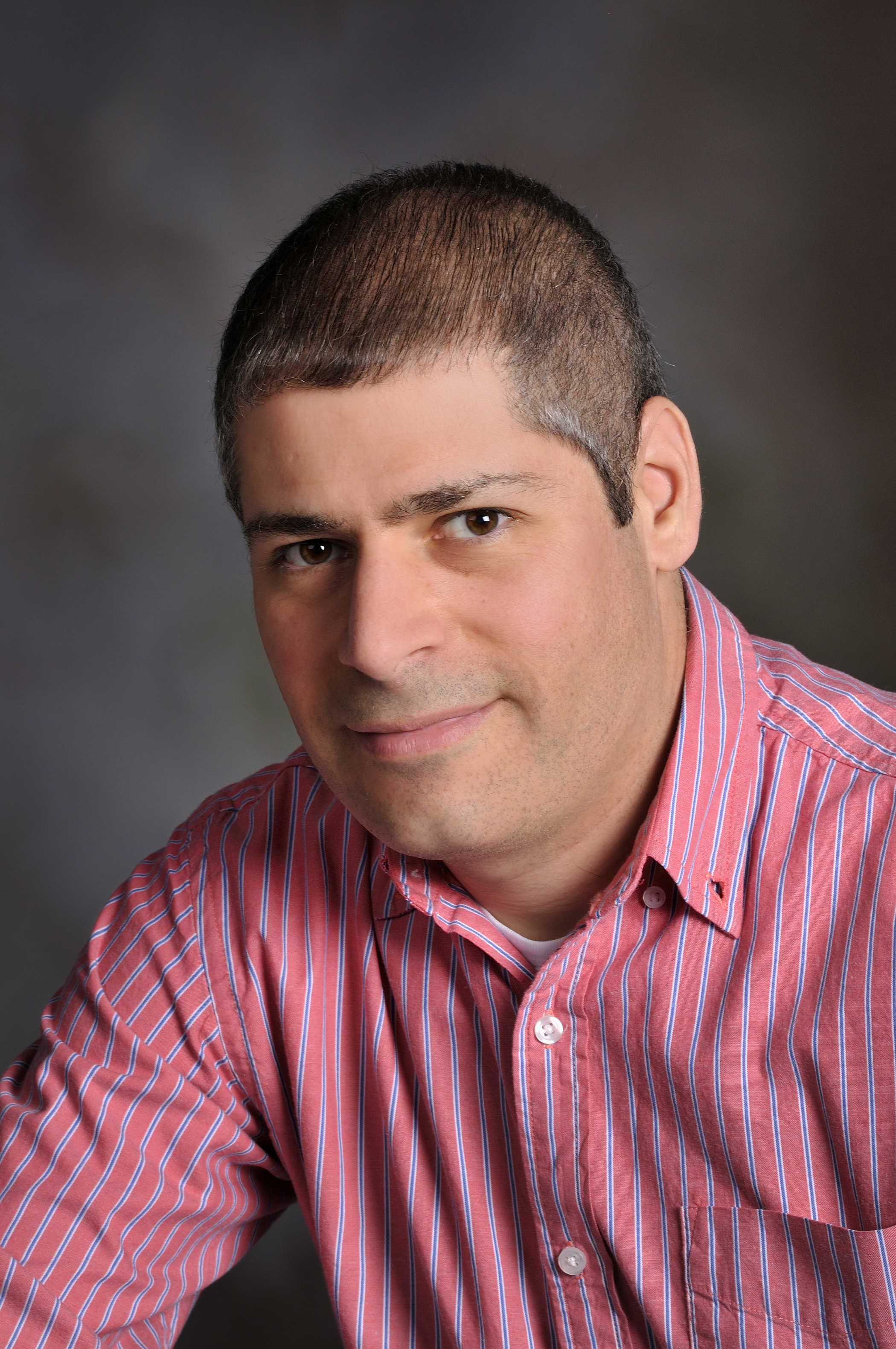Mazen Farhood sees mathematical algorithms as key for quicker certification of unmanned aerial vehicles

A Virginia Tech assistant professor will use a $400,000 National Science Foundation CAREER Award to develop a framework for formal validation of high-performance control software, such as the flight control software of unmanned aerial vehicles.
Mazen Farhood, an assistant professor of aerospace and ocean engineering, seeks to design reliable control systems that guarantee the safe operation of autonomous, high-performance vehicles. Ensuring this reliability is accomplished by validating the control systems in the sense that these systems are shown to function correctly over the considered ranges of operation parameters under various possible uncertainties and disturbances.
The formal validation process proposed by Farhood would take place before the physical prototype is even built, promising reductions in time and cost of the software development process and an expedited transition of technology to practice.
The systems of interest are autonomous vehicles capable of executing multiple, high-precision tasks that involve complex dynamics. An example of such an autonomous vehicle is an agile unmanned aerial vehicle. As unmanned aerial vehicles are more widely used by companies, emergency workers responding to disasters, and scientists studying such myriad topics as air microbes and crops, more people are developing specific control tools for their autonomous vehicles to fly correctly.
“To be able to program an unmanned aerial vehicle to behave in a certain desired way, one must know how the vehicle reacts to control inputs and other external stimuli such as steady wind and gusts,” said Farhood.
“A mathematical model that describes the behavior of the unmanned craft is hence derived and used in developing the control algorithms. Such a model typically is complex, and no matter how much effort is put into deriving an accurate model, the resulting model will not be an exact representation of the physical system.”
Additionally, Farhood said further model simplifications are made to reduce the complexity of the control design process. Once the controller is designed for the simplified model, it is crucial to investigate whether the controller can adequately compensate for the remaining uncertainty of the physical system. This validation process has to be rigorous and efficient.
“Designing validated control algorithms for such autonomous, high-performance agents is a challenging task,” said Farhood, adding that the validation process does not stop at the algorithmic level. The control algorithms usually are implemented in user-friendly software environments for simulation and design, and then the programs are compiled into executable code using appropriate tools.
“All the rigor and guarantees achieved at the algorithmic level can be easily lost at the software level if the software itself is not proved to be a correct implementation of the control algorithm, which is also a challenging task for such control systems,” added Farhood. “It is imperative to extend the algorithmic ‘proof of correctness’ to the software level.”
This is the crux of the research work, Farhood said, adding that the analysis tools used to prove the stability and performance of the uncertain controlled system at the algorithmic level are also utilized to provide stability and performance proofs of the corresponding control program.
Implementations of the proposed research will be carried out on Farhood’s own distributed unmanned aerial vehicle test bed. A prominent component of the research program, the test bed is used to validate the provably correct flight control software, and guide the development of the theory.
Farhood’s work on software certification will also go beyond just single autonomous systems into possible squadrons of interacting unmanned vehicles on intricate missions, such as searching for a missing hiker lost in a large patch of woods, or surveying damage caused by an earthquake. Farhood plans to extend the formal validation tools to multi-vehicle systems using a newly developed operator theoretic framework that can capture complex distributed systems over potentially infinite graphs.
As part of the CAREER research effort, Farhood will work with fellow faculty from Virginia Center for Autonomous Systems and the Ted and Karyn Hume Center for National Security and Technology, both based at Virginia Tech. The latter organization focuses on communication and computation challenges related to national security. Farhood also will work with a separate research team from Georgia Tech.
The CAREER grant is the National Science Foundation’s most prestigious award, given to creative junior faculty likely considered to become academic leaders of the future.
Farhood earned a bachelor’s degree from the American University of Beirut in 1999, and master’s and doctoral degrees from the University of Illinois at Urbana-Champaign in 2001 and 2005, respectively, all in mechanical engineering.



